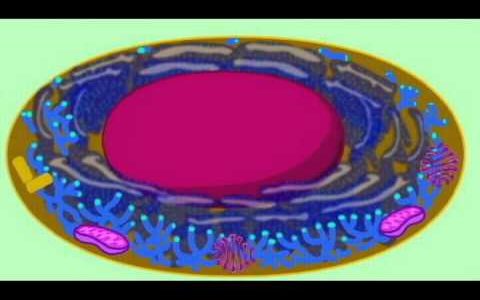Role of calcium ions in Cell Injury
Calcium plays a critical role in cell physiology, including cell signaling, muscle contraction, and enzyme activation. However, in certain situations, an excessive increase in intracellular calcium levels can lead to cell injury. Here are some key points regarding the role of calcium in cell injury:
Disruption of calcium homeostasis: Normal cellular function requires tight regulation of intracellular calcium levels. Disruption of calcium homeostasis, such as an excessive influx of calcium ions or impaired removal of calcium from the cytoplasm, can result in elevated calcium concentrations within the cell.
Activation of destructive enzymes: High levels of calcium can activate various enzymes, including proteases, lipases, and endonucleases, which can damage cellular components. These enzymes may break down proteins, lipids, and nucleic acids, leading to structural and functional damage to the cell.
Mitochondrial dysfunction: Increased calcium levels can impact mitochondrial function. Calcium accumulation in mitochondria can impair oxidative phosphorylation, leading to reduced ATP production and increased generation of reactive oxygen species (ROS). The resulting energy depletion and oxidative stress contribute to cellular injury.
Membrane damage: Elevated calcium concentrations can disrupt the integrity and function of cell membranes. Calcium can activate phospholipases, which degrade membrane lipids, impairing the structure and function of cell membranes. This disruption can result in increased permeability, ion imbalances, and cell death.
Activation of cell death pathways: High levels of calcium can trigger cell death pathways, such as apoptosis and necrosis. Calcium influx can directly activate apoptotic pathways, leading to programmed cell death. It can also induce necrosis by promoting membrane damage, mitochondrial dysfunction, and ATP depletion.
Excitotoxicity: In the central nervous system, excessive calcium influx can lead to excitotoxicity. It occurs when high levels of calcium activate glutamate receptors, resulting in an influx of sodium and calcium ions into neurons. This overstimulation can cause neuronal damage and cell death.
source



